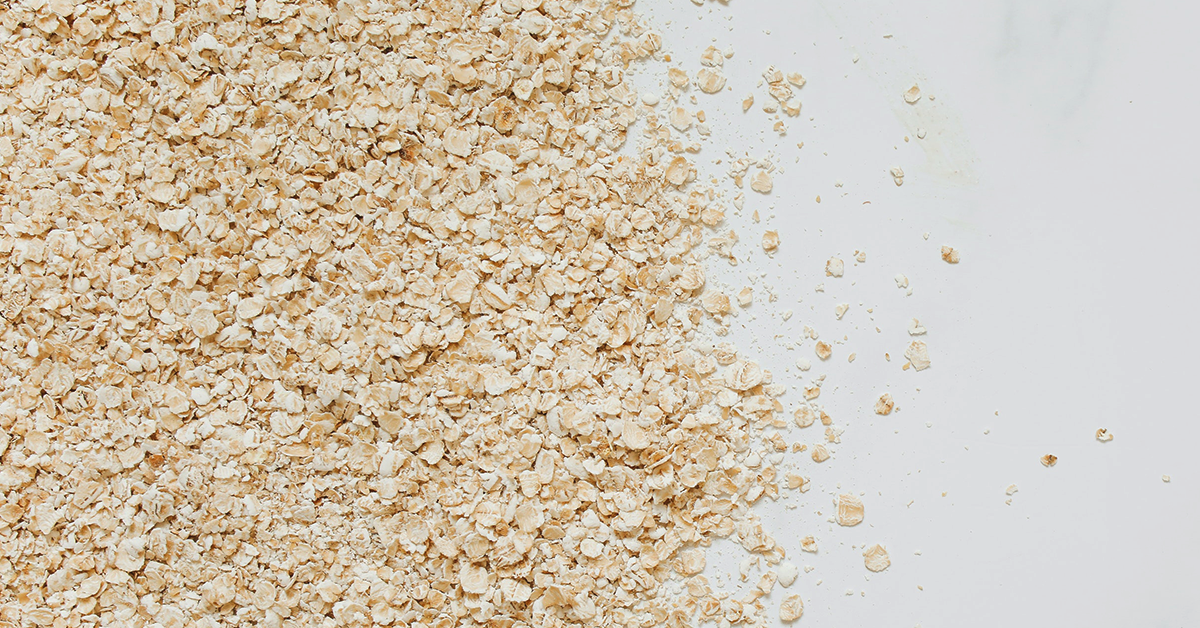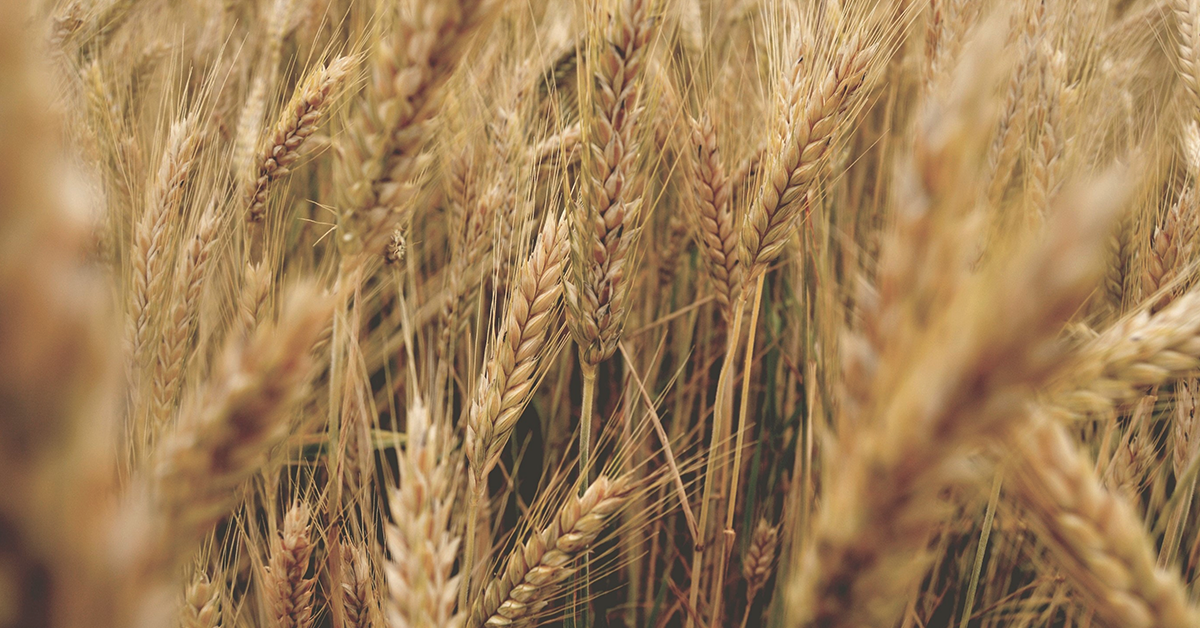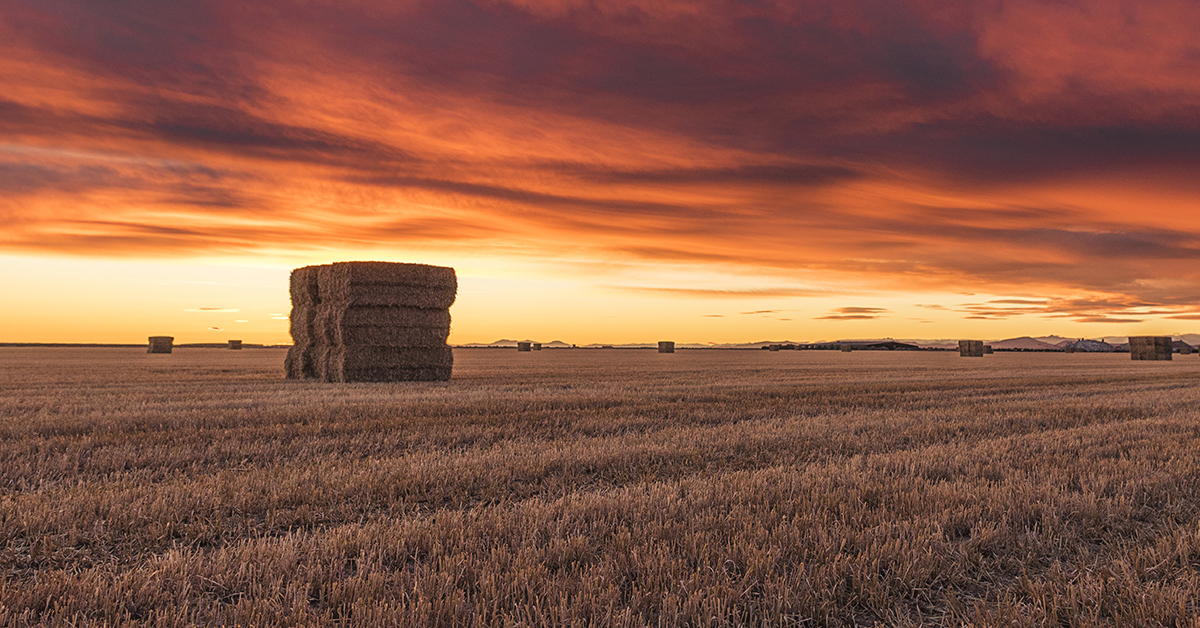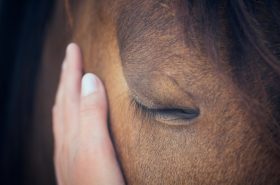Winter is the perfect time to make up a mash for your horse(s). Not only are they a nice, warm treat, but mashes are also a great way to keep your horse hydrated and prevent problems like colic which is more prevalent in winter.
Personally, I soak my horses’ senior feed every time I give it to them, but for horses that don’t eat much in the way of concentrates or that only eat grain (which isn’t conducive to soaking), one option is to offer a mash once a week or so.

Mashes with Bran
Bran mashes were once frequently fed to horses, but in recent years, veterinarians and equine nutritionists have warned against feeding them too often since wheat bran (the most common bran used for mashes) has a substantial inverted calcium-to-phosphorus ratio. If fed too often, it can lead to a mineral imbalance and possibly cause a metabolic condition known as Nutritional Secondary Hyperparathyroidism, aka Big Head syndrome.
Oat bran is a better choice since it is low on the glycemic index and contains beta-glucan, which helps support the immune system and stabilize blood sugar. Oat bran still contains more phosphorus than calcium, but you can help to correct the balance by adding some alfalfa pellets or cubes into the mash.
Note: you likely won’t find oat bran at a feed store, but it can be found in many health food stores or online.

Bran-Free Mash Recipes for Horses
If you want to skip the bran altogether, you can also make a mash out of soaked hay cubes or pellets. Anything with alfalfa, horses tend to find very palatable. Another option for a mash base is beet pulp. You can find it with added molasses or go with the molasses-free version for horses with metabolic issues.
Add Treats
Once you have your base for your mash, add treats such as diced apples, peppermint tea, shredded carrots, flaxseed, or other safe and healthy treats for horses. Just make sure that all added treats are cut into small pieces or shredded so as not to pose a choking hazard. You can also add a tablespoon of salt to encourage your horse to keep drinking.
Add enough hot water to turn the bran, beet pulp, or hay cubes/pellets into a soft mash. Keep in mind that hay pellets or cubes will need to soak for a while to soften up. It’s a good idea to feel them to make sure they have reached a soft consistency before feeding.
Have you ever fed a mash to your horse in winter? If so, feel free to share your mash recipes for horses in the comments!
Sources:

Love this blog post? We think you will like Winter Activities to do With Your Horse by Casie Bazay.



